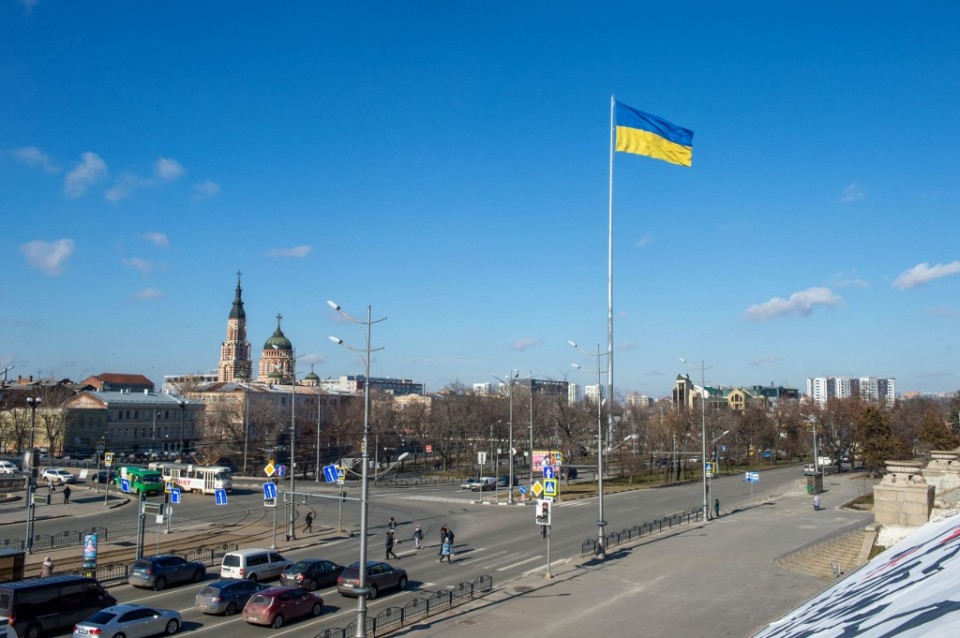
GENEVA, Switzerland (AFP) — The United Nations said Tuesday it was relocating some of its non-essential staff and their family members in Ukraine, amid growing fears of an all-out Russian invasion.
“We are committed to stay and to continue delivering in Ukraine, especially in eastern Ukraine,” UN spokeswoman Alessandra Vellucci told reporters in Geneva.
“We continue to be fully operational.”
She acknowledged though that “as a result of the evolving situation on the ground, we have allowed for temporary relocation of some non-essential staff and some dependents.”
Her comment came amid growing outrage and concern over Russia’s recognition Monday of two Ukraine rebel republics, and decision to send in Russian “peacekeepers”.
The recognition effectively buries the fragile peace process regulating the conflict in eastern Ukraine, known as the Minsk accords, and increased fears that the Kremlin is preparing a full-scale invasion.
The UN counts 1,510 staff members in Ukraine, including 149 international staff, Vellucci said.
In all, around 100 staff members are based in the eastern separatist regions of Donetsk and Lugansk.
There have been warnings that a scale-up in the conflict could displace millions of people and cause a humanitarian crisis.
The UN refugee agency said Tuesday that for now it was not seeing any increased movements outside the eastern regions.
But “the situation does remain unpredictable,” spokeswoman Shabia Mantoo told reporters in Geneva.
She highlighted the UNHCR’s strong presence in Ukraine.
“We do stand ready to support efforts by governments and other stakeholders to protect refugees and find solutions for people who are displaced in case there are any movements.”
The UN humanitarian agency OCHA meanwhile warned that it was seeing reports of increased hostilities in the east of Ukraine, which has been wracked by conflict for eight years already.
Spokesman Jens Laerke said the UN was continuing to follow a humanitarian response plan put in place before the latest escalation in tensions, including most recently sending an aid convoy into the non-government controlled areas last Friday.
He warned though that even that response lacks funding, stressing that the best preparation for what could possibly be a dramatic increase in needs was to finance the existing aid efforts on the ground.
© Agence France-Presse






